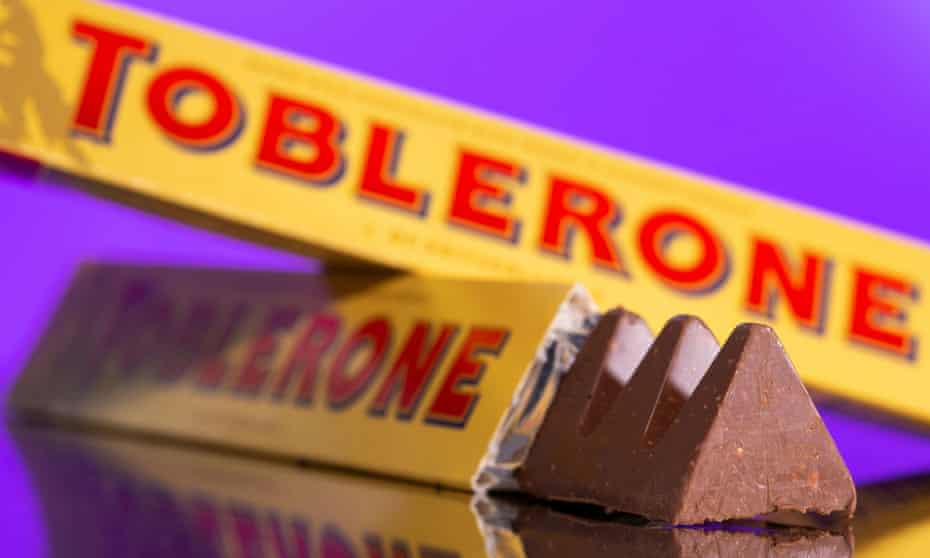Hut Group misadventure offers lesson in control to wannabe Zuckerbergs

Matthew Moulding’s U-turn is belated acceptance about pitfalls of denying proper voting rights

It’s good to know Matthew Moulding has retained his sense of humour amid current troubles. At least one assumes he was joking when he said his sudden desire to shed his “golden share” is somehow related to the first anniversary of The Hut Group’s listing on the London Stock Exchange. Come on, the U-turn would not be happening if Moulding did not need to repair relations with outside shareholders urgently.
The nonsense in his explanation was that THG originally argued that anti-takeover protections were designed for precisely today’s situation – a wobbly share price and nervous outside investors who might throw in the towel given the chance.
Even a year ago, the argument was odd because Moulding’s 22% personal shareholding is enough to block most bids. In the event, the control-freak instinct encapsulated by the golden share has compounded doubts about THG that came to a head during last week’s catastrophic City presentation.
Moulding’s belated acceptance of the one-share-one-vote principle is therefore a minimum move towards restoring calm. After last week’s upsets, THG was one false step away from suffering a complete loss of City confidence, a fate worse than the theoretical chance of an unwanted bid.
If the new “review of corporate governance arrangements” also means the appointment of an independent chair, so much the better. Zillah Byng-Thorne, chief executive of magazine publisher Future, always looked too close to Moulding to be an effective senior independent director of THG. It all contributed to a 20% bounce in the share price on Monday – albeit 349p is a long way off the 500p float price, let alone the 800p seen at the start of this year.
No governance overhaul, though, can work miracles. Big questions about THG remain. Can the Ingenuity division, an “end-to-end solutions platform”, ever attract enough third-party clients to justify a price-tag close to the £4.5bn implied by the terms of SoftBank’s (unexercised) option to buy a 20% stake? Why does THG consume so much capital? And, if and when Ingenuity produces profits, what will margins be? Providing a website to sell personalised Toblerones, one venture, sounds a niche pursuit.
THG’s early retirement of its golden share probably won’t deter the Financial Conduct Authority and the Treasury from going ahead with their tech-friendly plan to rejig stock market listing rules to allow companies with dual-class structures to have the “premium” listing status that brings inclusion in indices, and thus buying from tracker funds. Since the US market is ridiculously relaxed about unfair voting set-ups, it’s odds-on that London will choose pragmatism.
But THG’s misadventure sends a useful message to those wannabe Zuckerbergs who believe tech founders must insist on complete control to demonstrate seriousness of ambition. The lesson is this: try it if you wish, but expect your share price to be clobbered twice in a crisis. In other words, it may not be in your own interest to deny proper voting rights.
No great loss to UK gambling industry
The lure of the liberalising US gambling market strikes again. The only surprise is that it is an Australian company, and not an American one, that is buying Playtech, the firm that supplies software for gambling websites and specialises in casino games.
On the other hand, Aristocrat Leisure is a big and well-established supplier of slot machines to Las Vegas casinos, so its £2.7bn offer for the London-listed group is really part of the same trend in which the US-focused players buy up European gambling tech.
Playtech’s roots are in Israel, so it would be a stretch to say its takeover is a loss to the UK gambling industry. There would be little point in grumbling in any case: when the takeover premium is 58%, shareholders will cash their chips.
City’s green scepticism should give pause for thought
Drax plans to be the world’s first “carbon negative” energy company by the end of the decade, which sounds splendid. But, what’s this? The company is being booted out of an index of clean energy providers. The compilers, S&P Global Dow Jones, are not convinced that burning wood pellets meets the strict qualifying criteria of sustainability.
Analysts at Jefferies also have their doubts. The green credentials of burning wood pellets and off-setting emissions via carbon capture and storage are “highly debatable”, they reckon. They still like the look of Drax’s shares because the company is likely to be a winner when the UK government awards carbon-capture licences later this month.
By rights, though, this ought to be a moment for the government to pause before the subsidies flow. The sceptical environmental signal from the financial sector is hard to miss.
